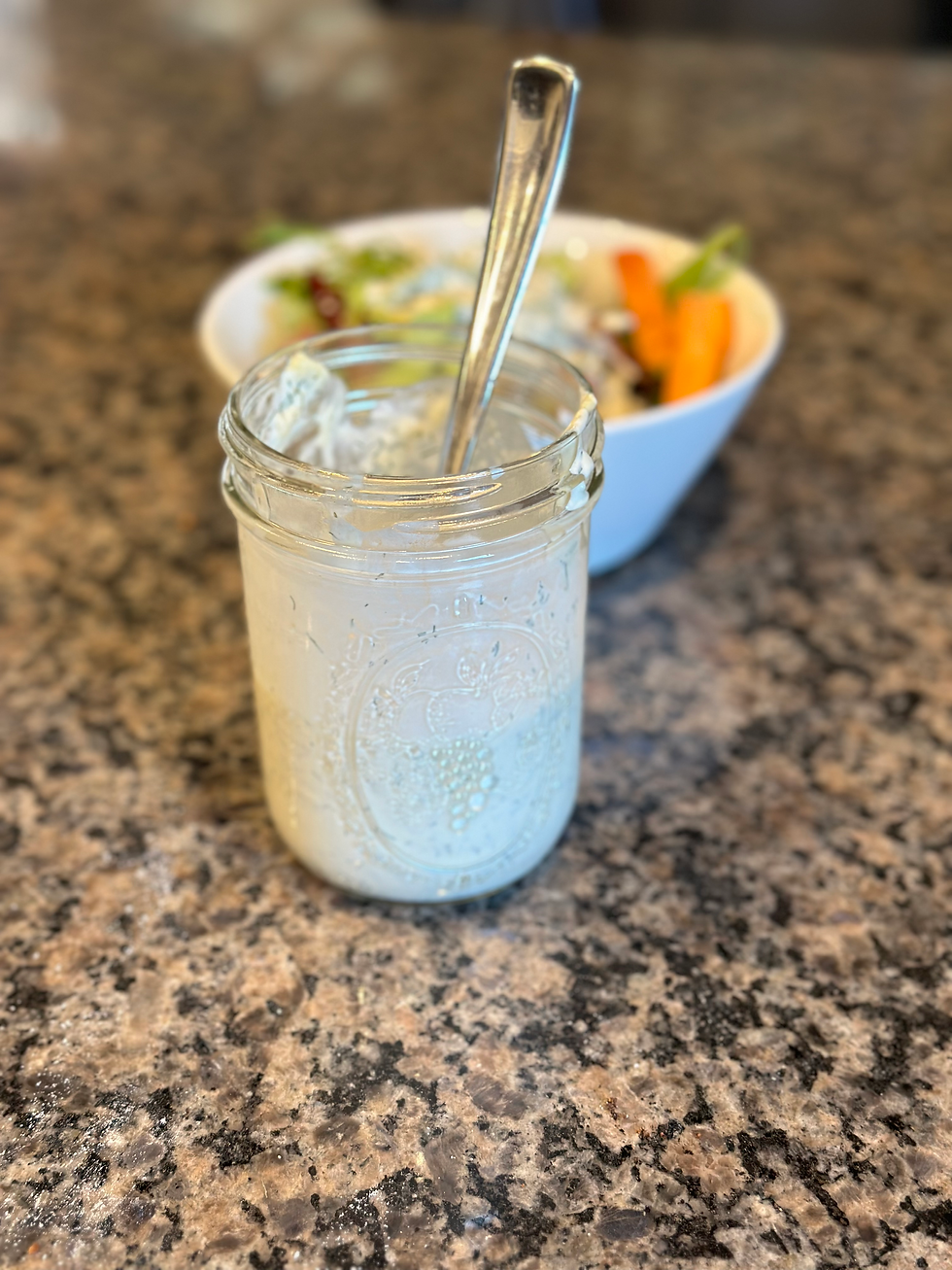Reduce stress, gain time and lose weight with this FREE intervention.
- Aug 10, 2023
- 2 min read
Intermittent fasting seems to be the latest craze! Why all the hype?
Intermittent fasting is a simple intervention that cost you nothing and gains you so much. First off you don't need to buy anything to try this. Second, you gain time by skipping breakfast. And finally, you will lose weight, regulate hormones, gain mental clarity and reduce your risk of cancer.
What the heck is intermittent fasting?
Intermittent Fasting or "time restricted feeding" is the process of realigning the bodies rhythm to optimize circadian elements such as insulin and glucose management and hormone regulation. Fasting includes specific times for each of fasting and feeding. The key is to have a fasting period for at least 50% of your day (>12hrs) to gain any of the benefits. 14:10 or 16:8 are commonly seen when reading literature on intermittent fasting. These numbers refer to the Fasting:Feeding periods. Longer 24, 48 or 72 hour fasts are common as well. And fast mimicking diets are another form as well.
How does intermittent fasting effect your body?
Intermittent fasting helps the body in the regulation of hormones, the greatest of which is insulin. There is a growing epidemic of metabolic disorders associated with insulin resistance. The most obvious, diabetes and pre-diabetes, can be greatly impacted by an intermittent fasting lifestyle. However, also those with PCOS and other metabolic syndromes can gain great benefit as well.
"Studies also suggest that intermittent fasting treatments may improve health through multiple pathways, potentially reducing oxidative stress, enhancing mitochondrial health and DNA repair,1 and triggering autophagy, a cellular recycling system with a possible therapeutic role in some inflammatory diseases. And specific timing patterns of eating and fasting windows may lead to greater improvement of cardiometabolic markers." - IFM article
How do I start practicing intermittent fasting?
Start by doing what feels most natural to you. Please DO NOT start with a 24 hour fast. Start by either pushing your breakfast back by 1 hour or making dinner earlier by 1 hour until you reach a 13-16 hours fasting window. Just try it out, but listen to your body. Yes, you will be hungry, that is a normal reaction. Push through the hunger, but please not through hypoglycemic symptoms. If you are diabetic keep an eye on your blood sugar.
Who should not do intermittent fasting?
If you are pregnant, have a history of an eating disorder or have type 1 diabetes you should only participating in fasting with the supervision and guidance of your healthcare provider.
Other resources
Dr. Jason Fung and his books - expert on diabetes, obesity and intermittent fasting
Dr. Mindy Pelz and her appearance on Dr. Mark Hymans podcast discussing how fasting effects women's hormones.



Comments